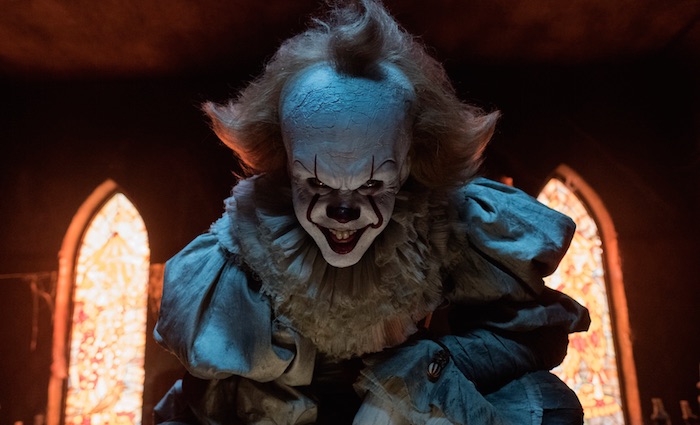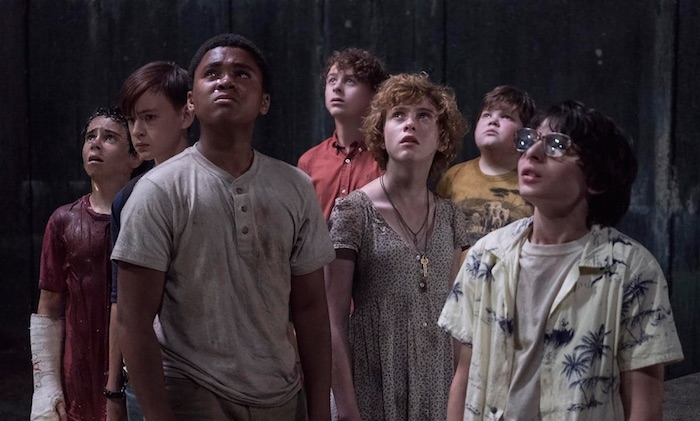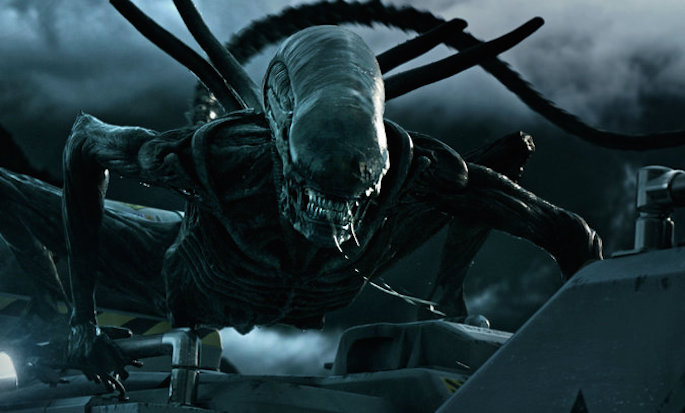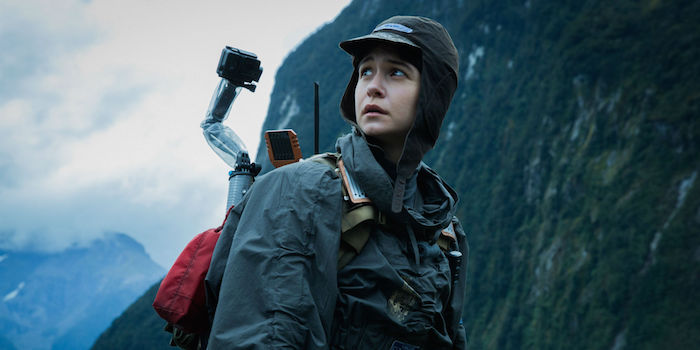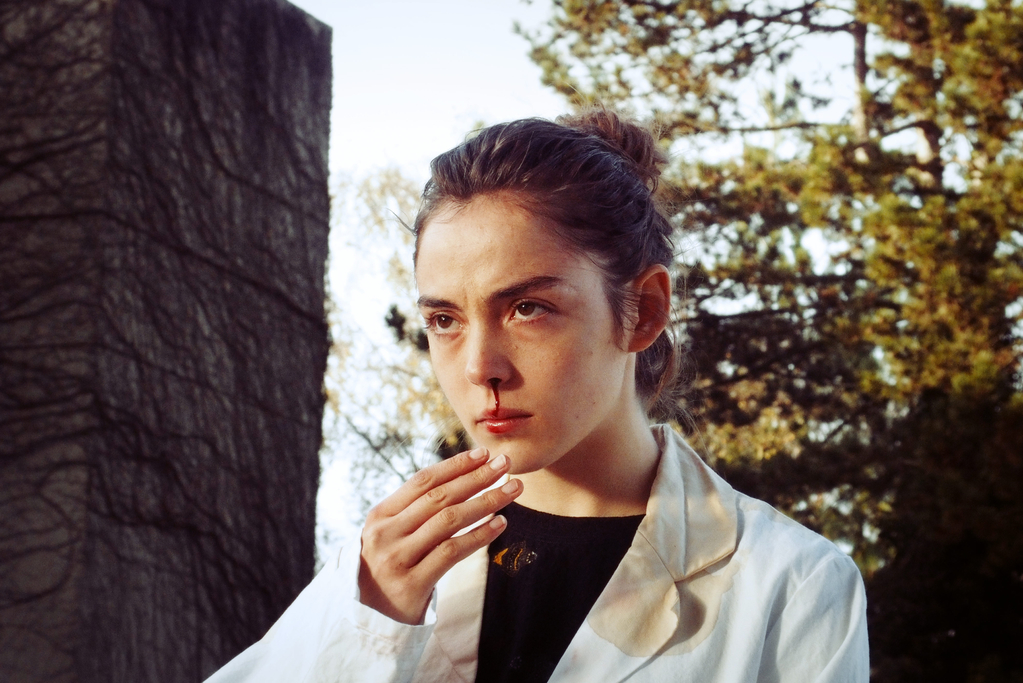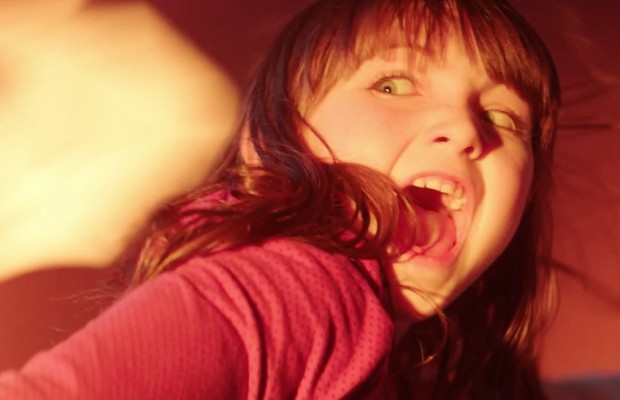HORROR MOVIE: A LOW BUDGET NIGHTMARE
 Tuesday, September 26, 2017 at 7:15AM
Tuesday, September 26, 2017 at 7:15AM Featuring: Craig Anderson, Gerard Odwyer, Bryan Moses, Robert Anderson and Dee Wallace.
Director: Gary Doust
Rating: 4/5

Eighteen years after the soul-crushing realities of self-funded film production were exposed in Chris Smith’s landmark documentary American Movie, director Gary Doust puts a warm but no less anxiety-inducing Australian spin on the tribulations faced by the next-to-no-budget auteur in Horror Movie: A Low Budget Nightmare.
Craig Anderson had runs on the board after the TV comedy success Double the Fist (he earned a 2015 AACTA Award for Best Comedy Directing), but the dream was to helm his horror feature script Red Christmas. Nearing 40, Anderson’s life was moribund, reduced to sleeping on the floor of his small office studio surrounded by his VHS tapes and (admittedly impressive) collection of Stephen Pearson prints. Existence hits a low point when a painful condition demands mature-age circumcision. Anderson is frank and funny about the increasingly dire state of his life, which bottoms out with the pathetic reality of having to have his adult foreskin removed while still on his mother’s Medicare card.
Doust had exhibited a natural talent for capturing the torment of a low budget shoot as far back as 2002 with his own award winner, the terrific Making Venus. His affinity for and incisive understanding of the filmmaker’s experience, nurtured during his tenure as head of the film collective Popcorn Taxi and in his doco series Next Stop Hollywood, affords him a sweet and trustful rapport with his subject. Footage inside the Anderson family home, where the desperate director asks his financially stable brother for a loan, provide for a rare kind of awkward intimacy; Anderson’s snowballing anguish over budget/crewing/schedule/union conditions make for some truly stomach-tightening and heart-tugging moments of factual filmmaking.

By the time the Red Christmas shoot gets underway in regional New South Wales, Doust and his camera are deeply embedded within the on-set dynamic. Personalities emerge that bring Anderson into sharper, deeper focus – actor Gerard Odwyer, a Down Syndrome sufferer who proves to be accomplished actor and strong emotional core, for both productions; first AD Bryan Moses, often the voice of reason amidst the madness (he and Anderson co-directed the 1999 Tropfest winning short, Life in a Datsun). Not for the first time in her career, leading lady Dee Wallace (pictured, above) proves a winning (and suprisingly sweary) presence and inspires her director to stretch his talents.
The final stages of Anderson’s Red Christmas journey provide insight into the end-to-end process of envisioning, realising and selling your work (including a post-production stretch on a cruise ship that seems slightly incongruous given the penny-pinching woes that make up so much of the film). In practical terms, Horror Movie: A Low Budget Nightmare should be required viewing in film schools nationwide for its matter-of-factness. The film truly soars as an endearing character study; an examination into the determination and borderline delusion it takes to make one’s vision a reality. In Craig Anderson, Gary Doust honours the archetypal passion-fuelled dreamer of great cinematic lore.
HORROR MOVIE: A LOW BUDGET NIGHTMARE will have its World Premiere at the 2017 Adelaide Film Festival. Session and ticket information can be found at the event's official website.
(Footnote: SCREEN-SPACE attended 2016 Sydney Film Festival screening of Red Christmas, but did not publish a review. We did provide a 2.5 star rating on our Letterboxd page.)
 Australian film,
Australian film,  Documentary,
Documentary,  Independent,
Independent,  Making of,
Making of,  horror
horror 

